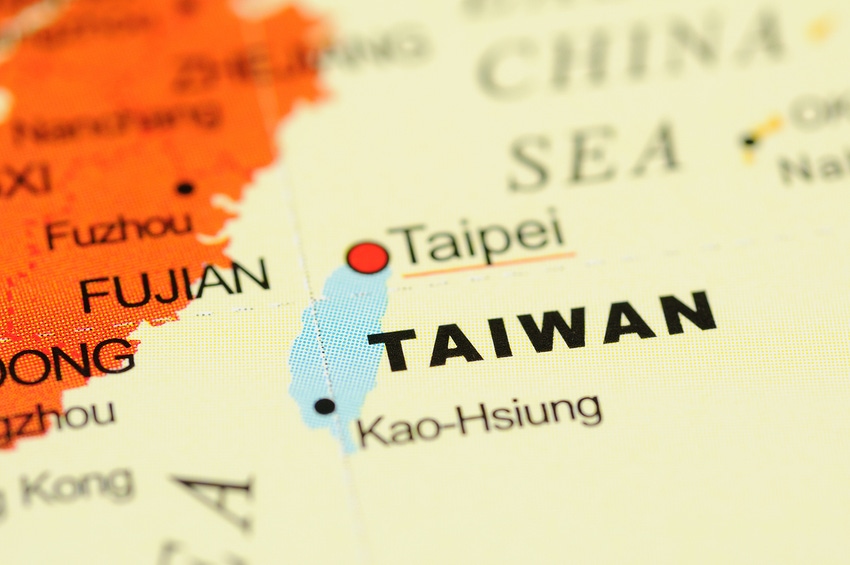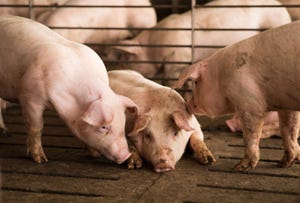Voters uphold Taiwan's ractopamine policy for pork
Result will have little impact on U.S. pork entering Taiwan, as importers have continued to request ractopamine-free product even after MRLs were adopted.
December 21, 2021

Over the weekend, a proposal to restore Taiwan's import ban on pork products containing ractopamine residues failed to pass. The ban was lifted in January of this year, when Taiwan began recognizing maximum residue limits (MRLs) for ractopamine. President Tsai Ing-wen and Taiwan's ruling Democratic Progressive Party urged a "no" vote on the referendum, while the main opposition party (the Chinese Nationalist Party or KMT) aggressively campaigned in favor of restoring the ractopamine ban.
Joel Haggard, U.S. Meat Export Federation (USMEF) senior vice president for the Asia Pacific, explains that in order for the referendum to pass, it needed support from a majority of those voting and had to attract nearly 5 million "yes" votes to meet the minimum threshold required under Taiwan's Referendum Act. The referendum did not meet either standard, as 4.13 million people voted against the measure and just 3.93 million voted in favor. Voter turnout was very low at about 42%.
"Under Taiwan's unique referendum act, citizens can propose change and abolish laws via nationwide referendums and under more relaxed referendum rules implemented in 2017, the signature threshold to get a referendum vote was lowered," says Haggard. "Now I would argue that any question posed this way — where consumers are asked whether they want pork with an additive they don't know anything about — would incentivize a negative answer, but in the end, albeit by a slim margin, 51% rejected the proposal to ban imports with ractopamine. Perhaps most importantly, though, the minimum 25% threshold of votes required to trigger government action on the referendum's outcome was not met."
Haggard adds that the result will have little impact on U.S. pork entering Taiwan, as importers and processors have continued to request ractopamine-free product even after the MRLs were adopted. He is hopeful that with the referendum process now complete, this issue will attract far less media attention and the business climate for U.S. pork will improve.
"Consumers may still be apprehensive about choosing items, which contain U.S. pork, so as it has been doing for years, USMEF will continue with messaging about the safety of U.S. pork. USDA Taiwan has done similar messaging on its website," Haggard says. "I believe there's a hope, by some, that Taiwan will move on to bigger and more meaningful issues, but the aftermath of the referendum will continue to pose some challenges to our U.S. pork marketing programs in Taiwan. That said, we were of course encouraged by the majority of voters who rejected the proposal to ban what we all know to be safe U.S. pork, whether it contains traces of ractopamine or not."
About the Author(s)
You May Also Like



